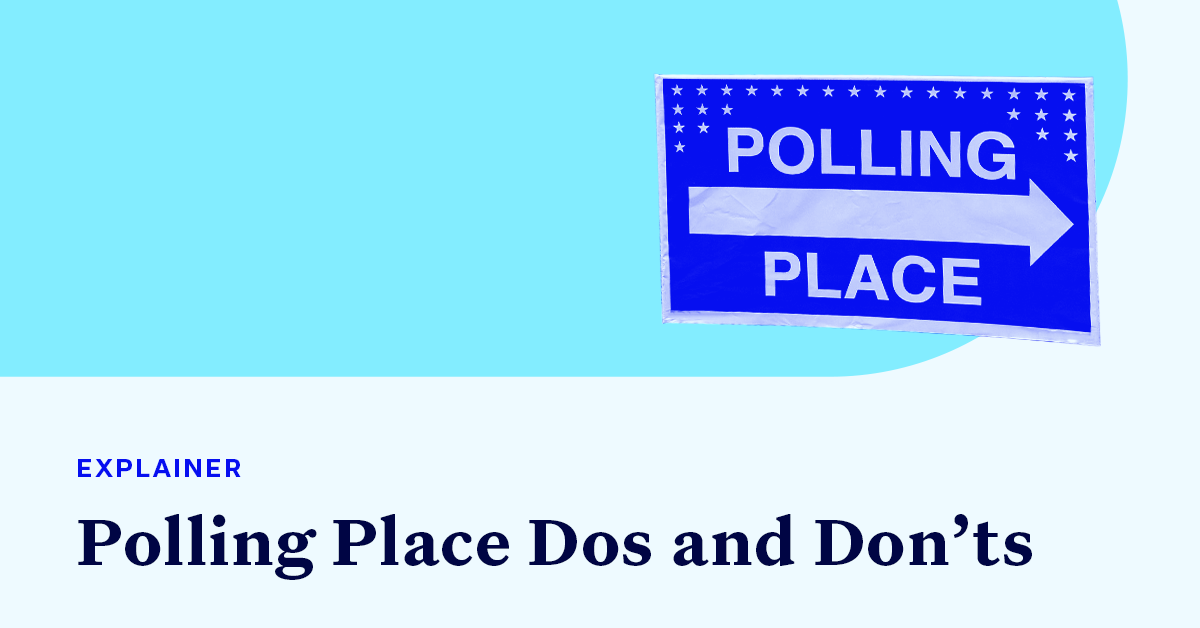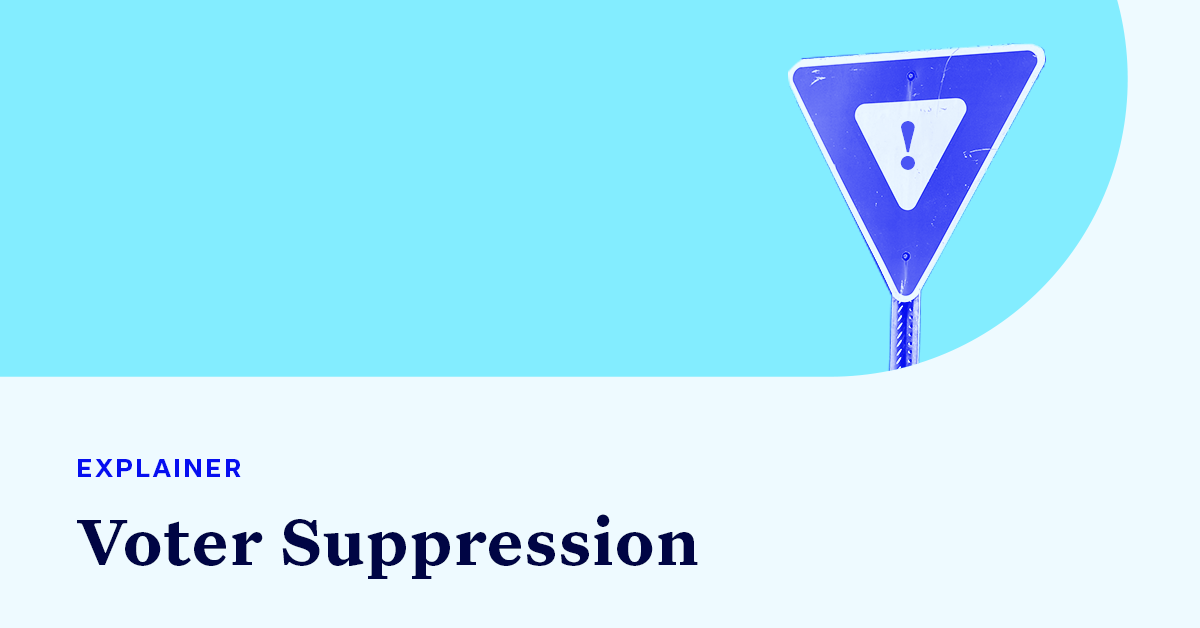The Voting Rights Act: How We Got Here
The state of voting rights in this country is concerning — but there are signs of hope. The VRA established a vital foundation and gives us a guide for what lasting and equitable voting rights reform can look like at the federal level.








